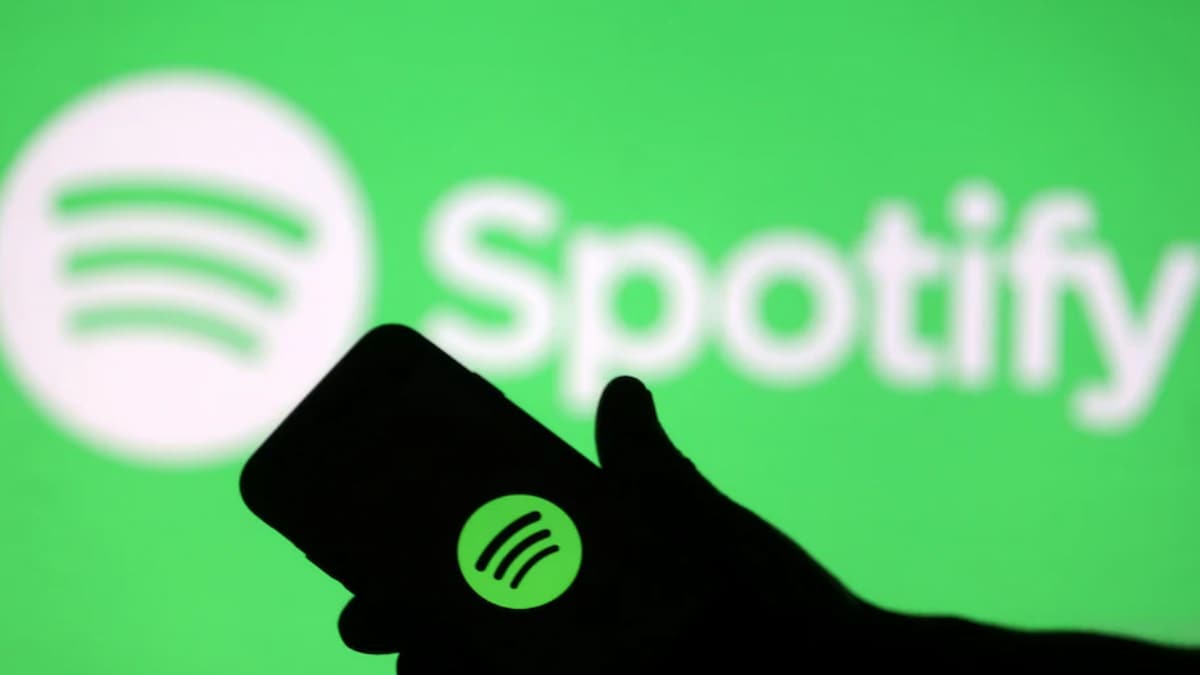Spotify beat Wall Street estimates for third-quarter revenue on Wednesday, as the music streaming company reported a 19 percent jump in paid subscribers for its premium service driven by demand in Europe and North America. Premium subscribers, which account for most of the company’s revenue, hit 172 million, just beating analysts’ expectations of 171.7 million.
Total monthly active users rose 19 percent to 381 million.
Spotify earns from subscriptions and by showing advertisments to non-paying members. Revenue from advertisements, which fell at the height of the pandemic, jumped 75 percent to EUR 323 million (roughly Rs. 2,810 crore), and the company is planning to hire hundreds of staff to further boost advertising sales.
Total revenue rose 27 percent to EUR 2.50 billion (roughly Rs. 21,760 crore), beating the 2.45 billion expected by analysts, according to IBES data from Refinitiv.
About 40 percent of Spotify’s premium subscribers are based in Europe and 29 percent in the United States.
The company has also been investing heavily in its podcast business to rival that of Apple and in April launched a paid subscription platform for podcasters in the United States.
Spotify currently has 3.2 million podcasts on its platform, up from 2.9 million at the end of the second quarter.
“While we have been relentless in our pursuit of being the world’s largest audio platform, it’s still early days and we are just getting started,” Chief Executive Daniel Ek said in a statement.
The top end of the company’s current quarter forecast for revenue and premium subscribers also surpassed estimates.
Spotify forecast fourth-quarter revenue of EUR 2.54 billion (roughly Rs. 22,110 crore) – EUR 2.68 billion (roughly Rs. 23,330 crore), and 177-181 million premium subscribers. Analysts on average are expecting revenue of EUR 2.62 billion (roughly Rs. 22,810 crore) and 180 million subscribers.
The company reported a net profit of EUR 2 million (roughly Rs. 17 crore) compared with a loss of EUR 101 million (roughly Rs. 880 crore) a year earlier.
© Thomson Reuters 2021

